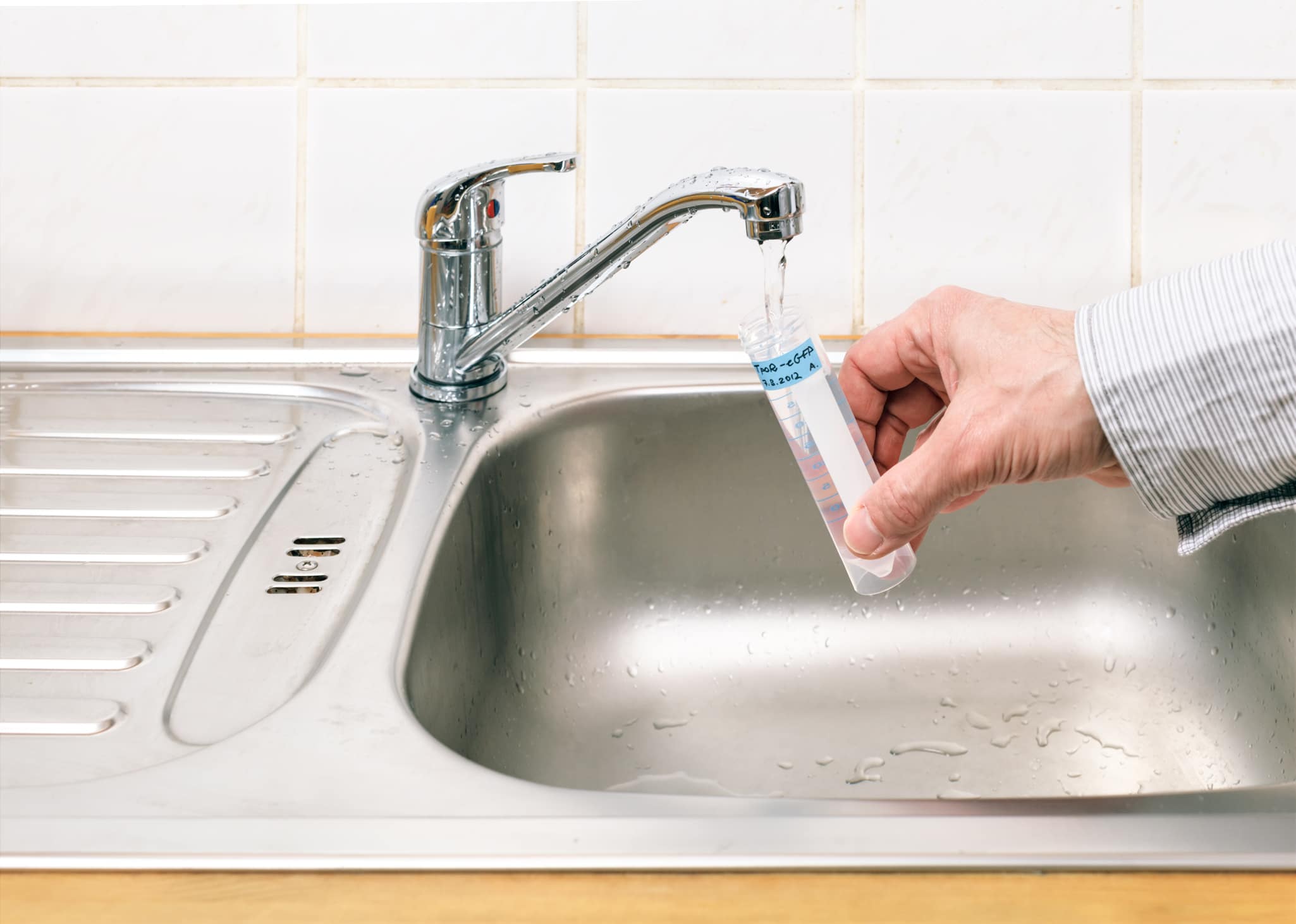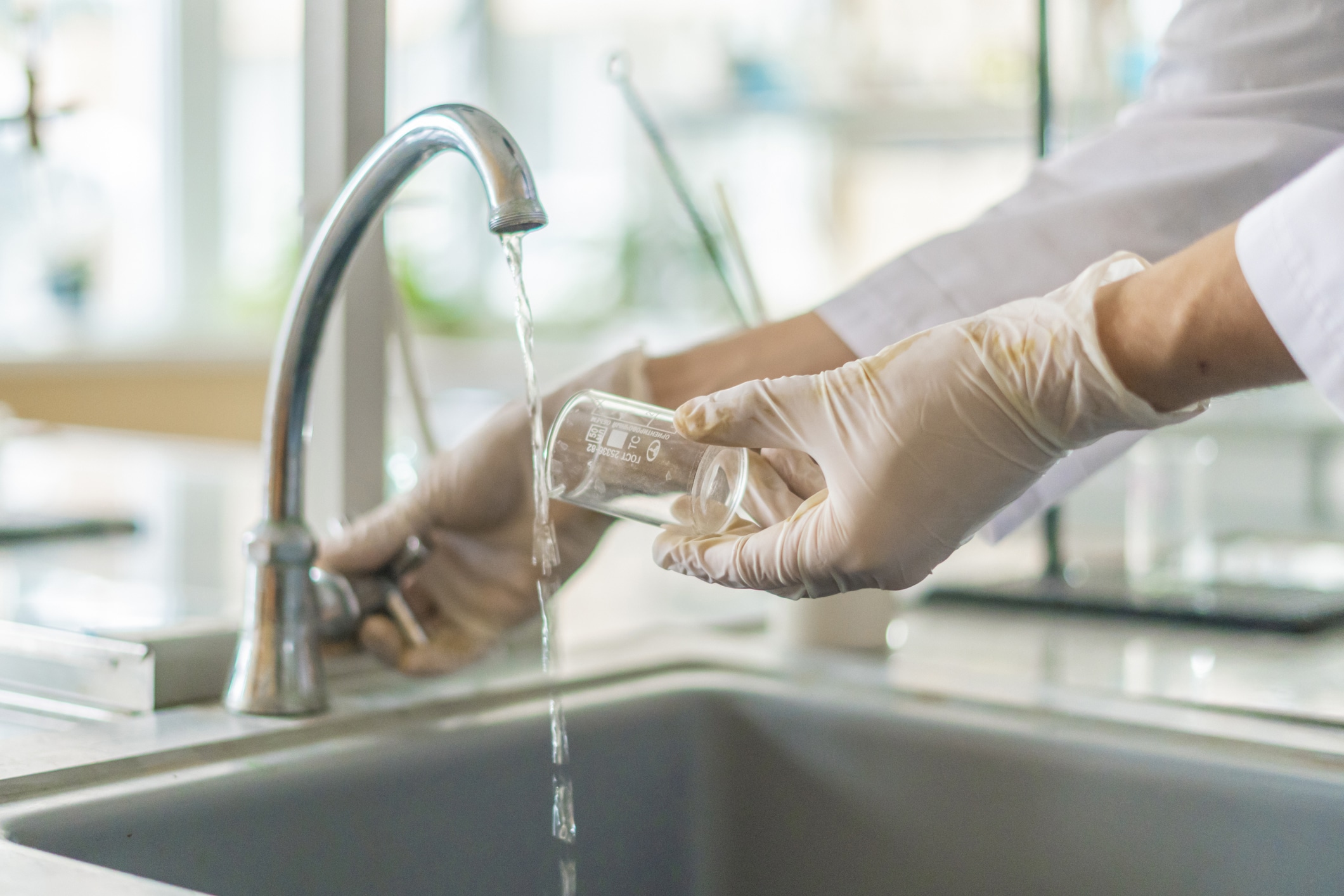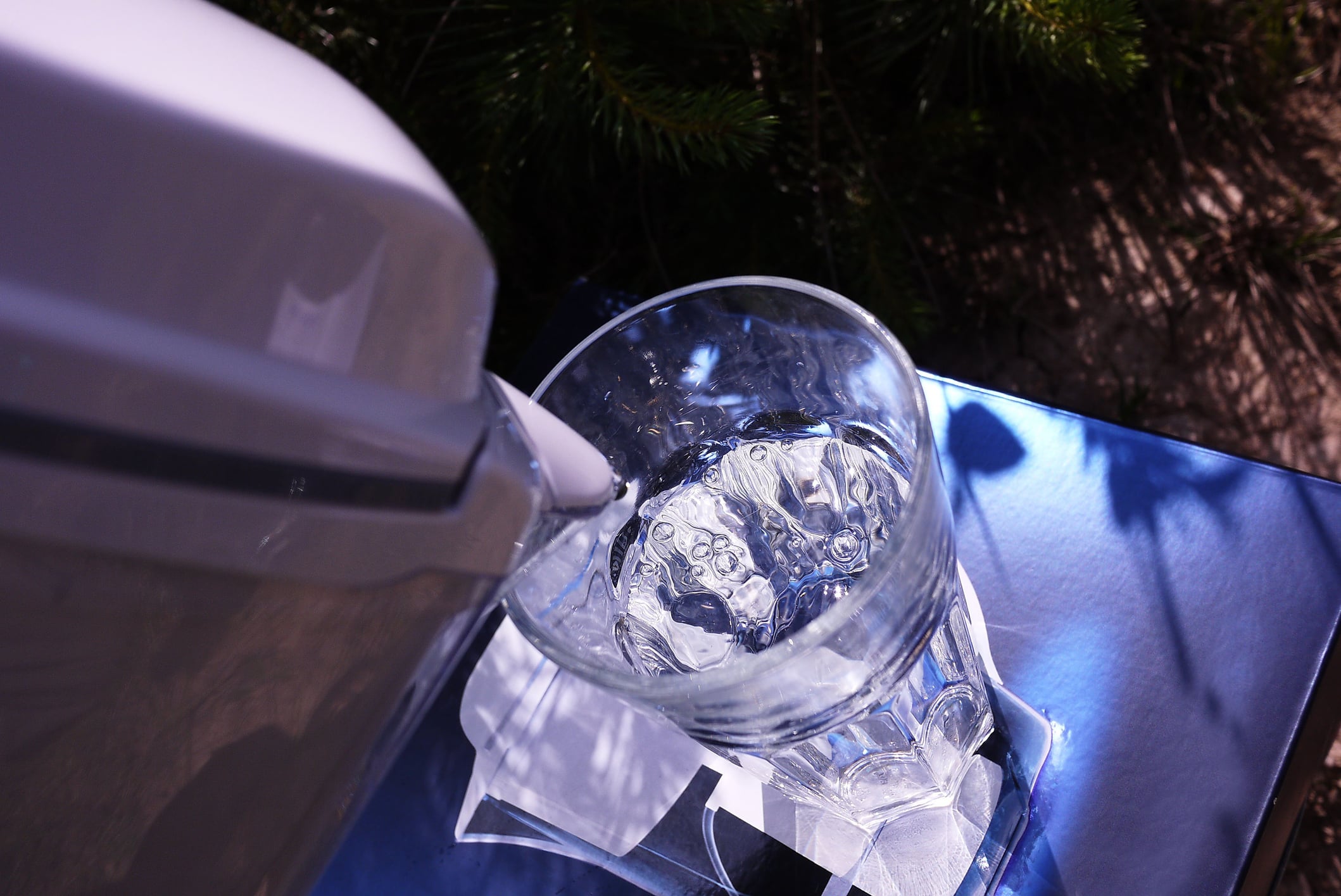Keep Your Water Safe With Water Testing & Water Filters

Reasons to Have Your Water Tested
Water is essential for life, but ensuring the quality of the water in your home is just as important as having access to it. Many homeowners assume that their tap water is clean and safe, but this is not always the case. Contaminated water can harbor harmful bacteria, heavy metals, and other pollutants that pose serious health risks. Additionally, poor water quality can lead to plumbing issues, damage household appliances, and even affect the environment. Given these potential problems, it is crucial to regularly test your water to ensure it is safe for consumption and use.
In this article, we will delve into the key reasons why you should have your water tested, the various contaminants that might be present, and the types of water filters available to keep your water clean and safe. Let’s explore the four benefits of water testing and how it can protect your health, home, and environment.
1. To Protect Your Health
This is the most important reason you should get your water tested. Water that contains coliform bacteria, lead, or other contaminates can make you and your family members sick. Even though water quality guidelines are in place to protect consumers, that isn’t a guarantee that no nasty visitors have sneaked into your home’s water supply. Testing is especially important if you get your water from a well rather than from a public water source.
2. To Protect Your Pipes
Highly corrosive water can damage the pipes in your home, leading to expensive repairs. Furthermore, if your water contains high levels of calcium salts, these can build up in pipes and block water flow. If your water is discolored or you notice stains under any of your sinks, this can indicate that pipe damage has already occurred. Regular water testing can help identify corrosive elements in your water before they cause significant damage, allowing you to take preventive measures such as installing water softeners or corrosion inhibitors.
3. To Protect the Environment
Contaminated water poses a threat to the ecosystem around your house. It can hurt both plants and animals. Pollutants in the water can leach into the soil, affecting the health of plants and animals in the vicinity. Getting your water tested will reveal problems, and then the local authorities will be able to take measures to protect the environment.

4. To Protect Your Clothes
Hard water, which is water that contains high levels of minerals, reacts with soaps and detergents. Therefore, your clothes will not get as clean when you wash them. You may even notice that the water stains your clothes and makes your towels hard and scratchy.
The Age and Condition of Your Home Matter
In addition to the impact on your laundry, there are other significant reasons to be concerned about your water quality. The age of your home and the state of your plumbing can further influence the safety and cleanliness of your water. Homes with older pipes, particularly those built before modern plumbing standards were established, are at a higher risk of contamination. Understanding these factors can help you address potential issues before they become major problems. Here are 3 factors to look out for:
1. The Home Is Old
Houses that were built before 1986 may contain lead pipes, and if no reconstruction or replacement has been done, it’s possible that some of the lead may contaminate the water. Have your home pipes checked and your water investigated for lead levels. Lead-contaminated water can affect the health of all building inhabitants.
2. The Water Looks Odd
Water can actually have varying degrees of hardness and softness. In some cases, water softeners are necessary. Having water tested for mineral levels will help determine the ideal softener.
3. The Water Tastes Odd
Depending on where your home water comes from, it may have a different smell or taste. If it has an unusual quality about it, you may look into having the water tested. A variety of tests can be done to check for hydrogen sulfide, pH measures, iron, lead and bacteria levels. If your home has a separate filtration system, testing can also be done to ensure the maintenance and quality of the equipment.
There are plenty of reasons to get your water tested. Get in touch with MD Mold Testing to have a professional come and inspect the water you’re using. You might be surprised by what you find out.

Water Filters Types To Choose From
Your tap water contains a number of chemicals such as volatile organic chemicals, heavy metals, fluoride and endocrine disrupting chemicals. It’s important to have your water tested, but you can also remove these unwanted chemicals using a water filter, and here are the different types of water filters to choose:
- Pitcher water filters: Granulated Activated Charcoal is used to get rid of unwanted chemicals. These types of filter setups require a lot of refilling, but the positive is the inexpensive price. They remove chlorine very well, however other chemicals such as volatile organic ones will still be present.
- Reverse osmosis: unwanted chemicals are removed from the water via a membrane. This type of setup is typically paired with a Granulated Activated Charcoal so that fluoride can also be removed. The overall process does a good job of removing chemicals, but it also blocks a lot of the water.
- Distilled water: this is a process where water is heated and turned into steam, and in effect, removes any of the unwanted chemicals. One of the negatives of this setup is that endocrine disruptors are not removed. Overall, this option is better than bottled water, but even better options are available.
- Solid block carbon filters: the EPA has determined that solid block carbon filters are the best method of removing contaminants from water. The positives are the inexpensive price, not needing to replace filters too often, and water that tastes very good. On the downside, a relatively large amount of counter space is required to house these.
Take Action to Ensure Your Water Safety
Don’t wait for problems to arise. Get in touch with MD Mold Testing at 301-717-1454 or fill out a contact form on our website to schedule a professional water inspection. Our experts are ready to provide you with peace of mind by ensuring that your water is safe and clean. Act now and protect your home, health, and family with reliable water testing services from Mold MD. You might be surprised by what you find out, but more importantly, you’ll have the confidence of knowing your water is safe.





